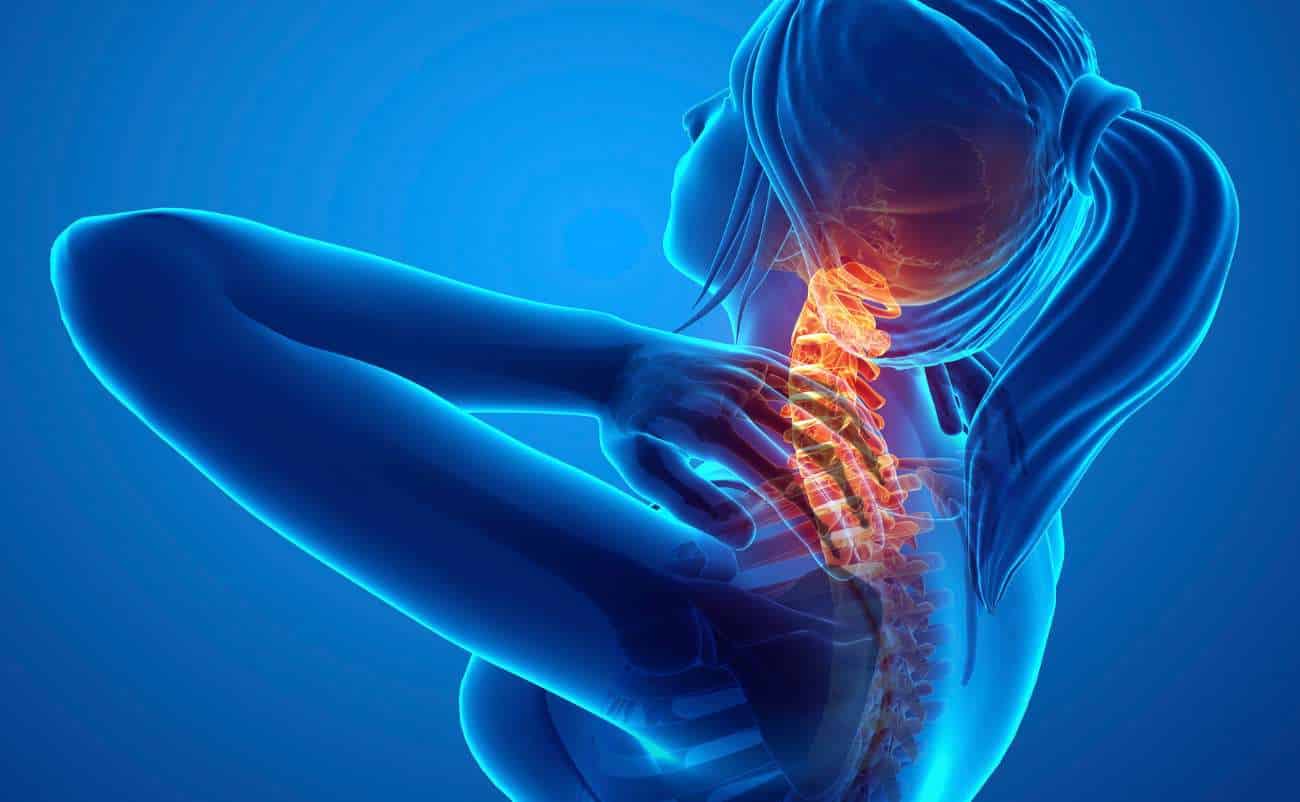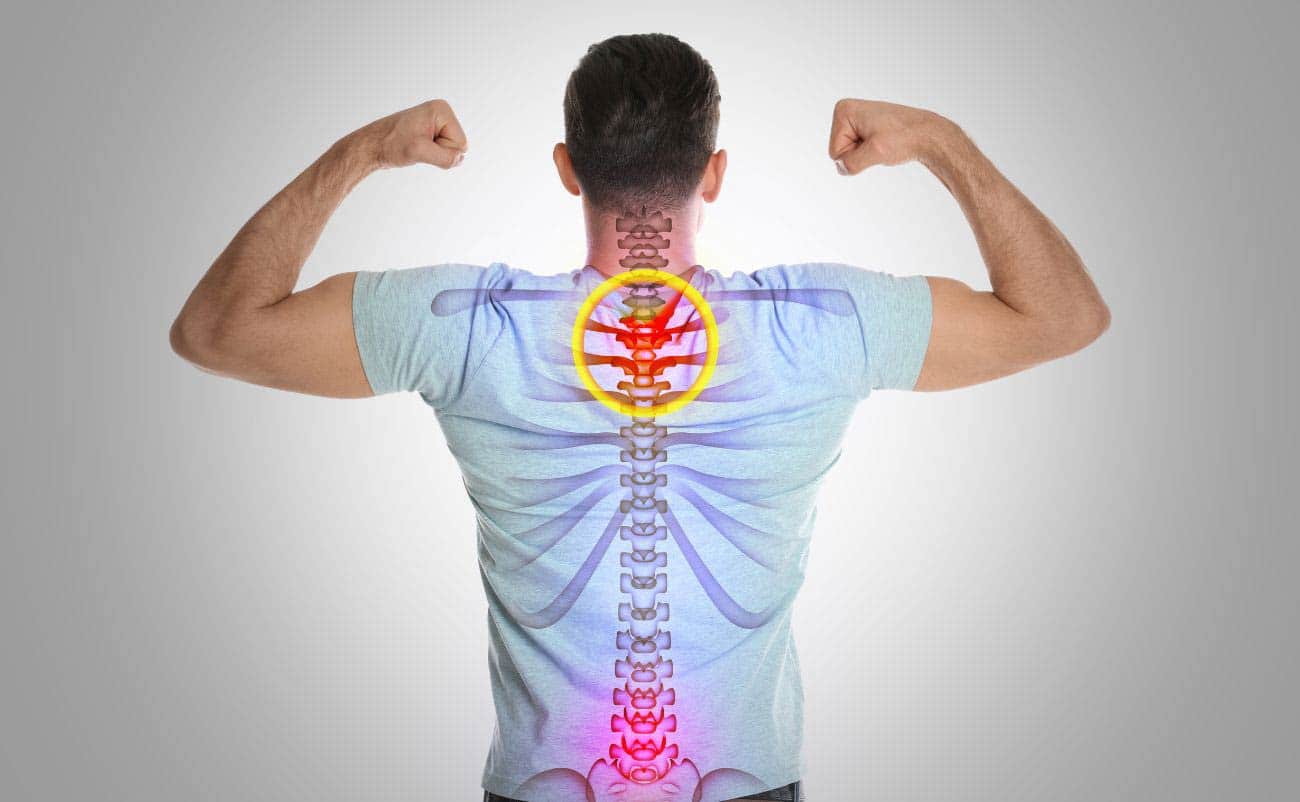
Understanding & Treating Neck Pain: A Comprehensive Guide
The Neck pain. It’s something nearly everyone experiences at some point.
But when that familiar twinge becomes a constant ache, or when sharp pain shoots down your arm, you know it’s more than just a passing discomfort.
Neck pain can really cramp your style, making even everyday activities feel impossible.
This guide covers common causes of neck pain and the best treatments. It will help you understand your neck pain better.
Decoding the Ache: Understanding Neck Pain Causes
Our necks are marvels of engineering, allowing us to turn, tilt, and nod our heads with ease. But this flexibility comes at a price. The intricate network of bones, muscles, and nerves in our necks can be vulnerable to a variety of issues.
Lifestyle Factors and Neck Pain
Believe it or not, some of our most ingrained habits could be contributing to our neck pain. Think about it: how many hours a day do you spend hunched over a computer or scrolling through your phone? Poor posture is a major contributor to neck pain.
Sedentary lifestyles and a lack of regular exercise often make this poor posture worse. Smoking damages your body in many ways. One of these ways is by slowing healing, which is critical for those with neck pain. If you want to relieve neck pain, quit smoking.
Injuries and neck pain
Whiplash, a common injury often associated with car accidents, is a prime example of how sudden movements can wreak havoc on our necks. But neck pain from injuries isn’t limited to major accidents.
Even small things, like sleeping in a weird position or pressing on your neck, can cause painful strains.
If you’re experiencing neck pain caused by an injury, it’s important to rest and avoid any activities that worsen the pain. A hot shower or the use of a heating pad can provide relief from tightened muscles, causing discomfort.
Medical Conditions and Neck Pain
In some cases, neck pain can signal an underlying medical condition. Conditions like arthritis, which affect the joints, can also impact the vertebrae in the neck, leading to pain and stiffness.
A pinched nerve occurs when too much pressure is applied to a nerve by surrounding tissues, such as bones, cartilage, muscles, or tendons.
This pressure can irritate the nerve and cause pain, numbness, tingling, or weakness. This is also known as a compressed nerve or nerve entrapment.
Pain management for a pinched nerve aims to relieve pressure and tackle the root cause. This may include different treatments.
For example, physical therapy can help improve posture, strengthen muscles, and boost flexibility. Medications can also help reduce pain and inflammation.
Other options are steroid injections to reduce inflammation around the nerve. In some cases, surgery might be needed to ease pressure on the nerve.
In more severe cases, neck pain can be caused by a bone spur, a bony growth that develops on a bone. Bone spurs often form near joints, where bones rub together. While some bone spurs don’t cause any symptoms, others can cause pain, stiffness, and limited range of motion.
Treatment for bone spurs varies based on where they are and how bad they are. Options may include medications, physical therapy, or sometimes surgery.
And while rare, neck pain can also stem from infections or, in very specific circumstances, even tumors.
It is crucial to consult with a medical professional to determine the root cause of your neck pain and receive an accurate diagnosis. They can then recommend the most appropriate course of treatment based on your individual needs.
When is Neck Pain a Red Flag?
Most of the time, neck pain is temporary and can be managed with self-care and over-the-counter pain relievers.
But how do you know when it’s time to seek professional help?
If you experience any of the following symptoms alongside neck pain, it’s best to see a doctor right away:
- Numbness or weakness in your arms or hands.
- Pain that radiates down your arms or legs.
- Loss of coordination.
- Severe headaches.
- Fever.
Finding Relief: Treatment Options for Neck Pain
Finding relief from neck pain can seem tough, but you have plenty of options. Most neck pain responds well to simple treatments. Alternative therapies, such as acupuncture or massage, may also help relieve neck pain.
It’s important to talk to your doctor about these therapies. They can help you decide if they’re right for your condition.
Home Remedies: Easing Neck Pain Naturally
Sometimes, the simplest solutions work wonders. Applying heat to sore neck muscles can increase blood flow and provide soothing relief. Conversely, cold therapy, like applying an ice pack, can reduce inflammation and numb pain. You’d be surprised how much tension you carry in your neck throughout the day.
Taking a few moments to practice some gentle neck exercises can make a world of difference. Simple exercises can ease muscle tightness and boost flexibility. Try slowly rolling your head side to side. You can also tilt your head gently toward each shoulder. Over-the-counter pain relievers can help reduce pain and inflammation associated with a stiff neck.
Seeking Professional Help: When to Consult an Expert
Don’t give up hope if at-home treatments haven’t brought relief – medical professionals can help. The Mayo Clinic’s groundbreaking research continuously improves treatment options offered by healthcare providers.
Doctors and physical therapists will identify the root cause of your pain and create a personalized treatment plan. This may include targeted stretches and exercises to restore proper joint movement or manual therapy to ease pain.
If your neck pain is severe or unresponsive, your doctor may recommend alternative treatments.
Managing neck pain often requires a combination of treatments. Medications like muscle relaxants or antidepressants can block pain signals or relax muscles. A physical therapist can create a tailored exercise plan. This plan will strengthen neck muscles, improve posture, and boost range of motion. They may also use ultrasound, massage, or injections of medication like steroids to reduce inflammation and pain.
TENS is a non-invasive method that can help relieve pain. It works by stimulating nerve fibers and releasing endorphins. Surgery is often a last option. It is for severe cases that don’t improve with other treatments. The goal is to relieve pressure on the spinal cord or nerve roots that cause pain.
Key Takeaway:
Tame stress and anxiety by carving out moments for relaxation, just as you would schedule a crucial meeting – by clearing your mind, calibrating your breath, and letting your body recharge, you’ll step back into life’s chaos with a clearer mind and renewed energy.
Neck Pain After Sleeping
Waking up with a stiff neck can really ruin your day. This happens because of your sleep position, your pillow, or even some habits during the day.
Think about how you sleep at night. Do you sleep on your stomach? This is a common reason people wake up with neck pain. Sleeping on your stomach makes your head turn to the side all night, which can strain your neck muscles.
Try sleeping on your back or side instead. If you must sleep on your stomach, use a thin pillow or no pillow at all.
That pillow on your bed might be causing your neck pain, too. A pillow that is too high or too low can put your neck at an awkward angle. This can cause neck pain and stiffness.
Try a different pillow or adjust the way you are using your current pillow.
Looking down at your phone or computer all day can also lead to neck pain, even while you are sleeping. When you look down, you are putting stress on your neck muscles. This can cause pain, stiffness, and even headaches. Try to hold your phone or laptop higher, so you aren’t looking down as much.
Check your BMI with the Premium Quality BMI Calculator for Free. Try Now Below.
Neck Pain From Sitting All Day
You know the feeling. You’ve been glued to your desk, laser-focused on a screen for what feels like days. Maybe you even worked through lunch. Your neck is stiff. It might even be a little painful to turn your head. You get up to grab some water and – ouch – you feel a twinge. This, my friend, is the dreaded “tech neck.”
We’re not built to sit all day. Our bodies crave movement. But many of us have jobs that require us to sit, often for hours on end. This can put a lot of stress on our necks, especially if we have poor posture or use laptops without an ergonomic setup. Over time, this can lead to muscle imbalances, pain, and even headaches.
Key Takeaway:
To instantly tranquilize your space, pick up those lurking distractions, and throw open your curtains to let in natural light and fresh air – you’ll be purifying your space and your mind.
Neck Pain From Computer Use
Lots of people feel neck pain, especially if they work at a computer. This happens because most people hunch over their keyboards.
This posture can make your neck muscles tired and sore. Over time, it can even change the curve of your spine.
But don’t worry, there are things you can do to feel better! First, make sure your computer screen is eye level. You might need to use a stand or some books to raise it. Next, check your posture throughout the day.
Are your shoulders relaxed? Is your head upright? These little changes can make a big difference in how your neck feels.
Check How Much Water you should drink with the Premium Quality Water Intake Calculator for Free. Try Now Below.
FAQs About Neck Pain
What is the most common cause of neck pain?
The most common cause of neck pain is muscle strain, often due to poor posture, overuse, or sleeping in an awkward position.
How long does neck pain typically last?
Most cases of neck pain are acute and resolve within a few days or weeks with self-care measures. However, some cases can become chronic and last for several months or longer.
When should I see a doctor for neck pain?
See a doctor for neck pain if:
- It’s severe
- It lasts more than a few weeks
- You have other symptoms like numbness, weakness, fever, or headaches
What are some tips for preventing neck pain?
Here are some tips for preventing neck pain:
- Maintain good posture: Keep your head level and shoulders relaxed when sitting, standing, and walking.
- Take breaks: If you work at a desk or use electronic devices frequently, take regular breaks to stretch your neck and move around.
- Use proper lifting techniques: Bend your knees and keep your back straight when lifting heavy objects.
- Choose a supportive pillow: Use a pillow that keeps your neck aligned with your spine when sleeping.
- Exercise often: Neck stretches can strengthen neck muscles and boost flexibility.
- Avoid smoking: Smoking can increase your risk of developing neck pain.
What is the difference between neck pain and whiplash?
Whiplash is a type of neck injury caused by a sudden, forceful back-and-forth movement of the head and neck, such as in a car accident. It can cause neck pain, stiffness, headaches, and other symptoms.
Can stress cause neck pain?
Yes, stress can contribute to muscle tension, including in the neck, leading to pain and stiffness.
In conclusion, dealing with neck pain can be incredibly frustrating, but it doesn’t have to rule your life. To understand what might cause issues, look for warning signs. Then, get the right help. Neck pain can range from a minor inconvenience to a significant hurdle.
So if neck pain is getting in your way, consider these strategies and reach out to medical professionals for guidance. Remember, taking a proactive approach to your neck health can save you from a lot of pain.
Table of Contents














No Comments